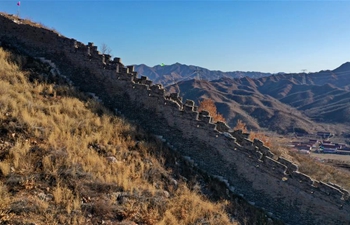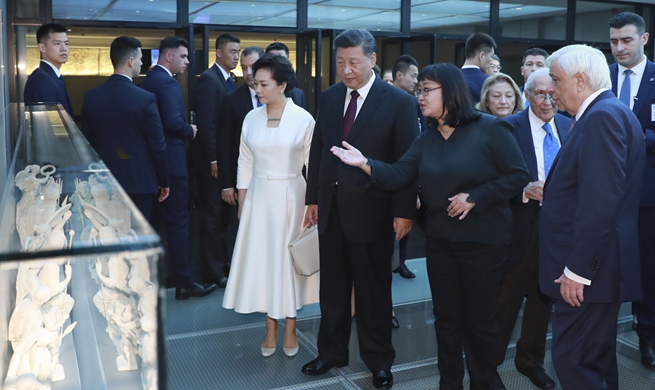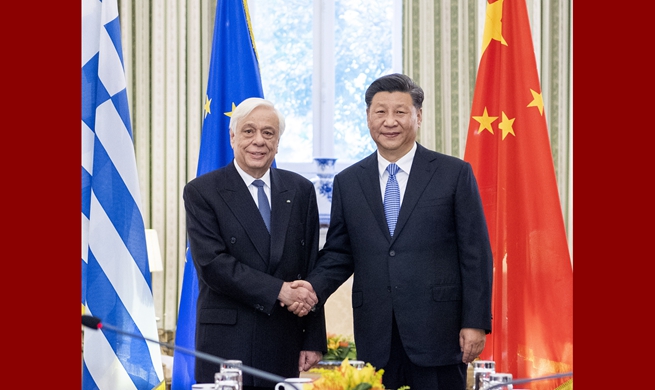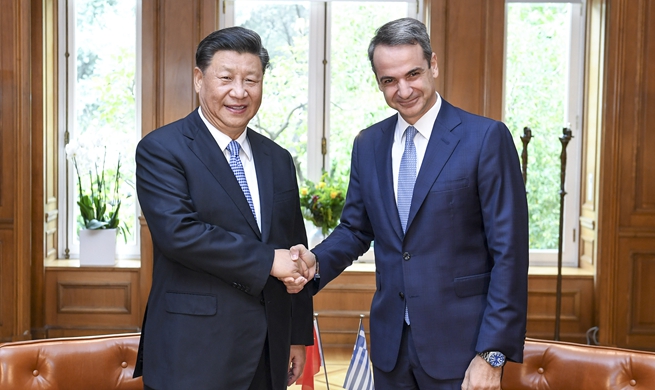CHICAGO, Nov. 12 (Xinhua) -- A new study sheds light on how wealth influences learning outcomes, and why it may be a greater driver of socioeconomic disparities in educational achievement and intergenerational inequality than income alone.
The research led by the University of Michigan (UM) tracked children and their parents over a 27-year period, from prebirth to early adulthood, analyzing responses from a sample of 1,247 young people and their parents, according to a press release on the UM website on Monday.
The researchers found that wealth increased parental expectations of child performance, which led to educational achievement during the elementary school years.
Wealth also fostered parents' investment of time and money into their children's education, learning and development, such as bringing children to museums or being involved at their school.
Wealth played a different role in shaping educational success during middle childhood, adolescence and the transition to adulthood. The greatest impact of wealth on educational success came in years 6-12. Further, family wealth when children were making the transition to adulthood was directly linked to children's postsecondary success.
Family wealth during childhood was linked to children's college success 17 years later.
Wealth is defined as net worth or what a family owns, such as home value, stocks and other investments, other real estate, less what a family owes, such as mortgage debt, credit card debt. Families can have a high income but still have loads of debt and not a lot left at the end of the month for extras.
Wealthy families have enough to pay the bills and money left over for other things, including educational and cultural experiences, like museums and theater performances. Wealthy parents also have the time to invest in their children's schools.
"Wealth is more highly concentrated among fewer people than income is. Stated another way, wealthier people have 'more slices of the pie' than higher-income people have of the comparable 'income pie,'" said Matthew Diemer, professor in the Combined Program in Education and Psychology & Educational Studies.
Income inequality is more common in public and political discourse than wealth inequality. Yet, wealth inequality is much more severe, he said.
Diemer said the response to this research likely is not one from the educational community but is an economic policy issue that might involve policies to help families build wealth in an effort to equalize educational opportunity.
"Family wealth is largely outside of the educational community's sphere of influence," he said. "Given what this study found, more equitable wealth distribution would suggest more families would be able to invest time and money into their children's educational success, hold higher expectations for their children, and achieve their educational aspirations."













